‘We really changed the face of Australia’: Whitlam minister Doug McClelland
The election of the Whitlam government 50 years ago this week evokes a mix of memories for former Labor minister Doug McClelland. “It is everything – it is the smiles and cries of life,” he says.
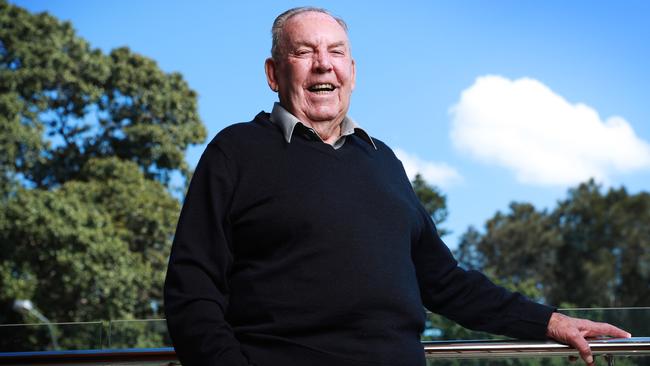
For Doug McClelland, the election of the Whitlam government 50 years ago this week evokes a mix of memories.
“It is everything – it is the smiles and cries of life,” Mr McClelland, 96, told The Australian in an interview to mark the anniversary. “I was lucky, we were lucky, to be given that opportunity. We took that opportunity but we were not given the chance to serve the two full terms we were elected to.”
Elected to the Senate from NSW in 1961 and beginning his term the following year, he remembers the “overwhelming” feeling of “euphoria” that Labor had won an election after decades in the political wilderness but admits he had doubted whether the party would actually win.
“It was overwhelming and no one could believe it,” Mr McClelland said. “I personally had my doubts. I thought we could win and we might win but we hadn’t been in government for 23 years.
“But everyone was ready to go and we really changed the face of Australia.”
Appointed media minister on December 19, 1972, Mr McClelland is one of two surviving Labor ministers from that year. Bill Hayden, 89, is the other.
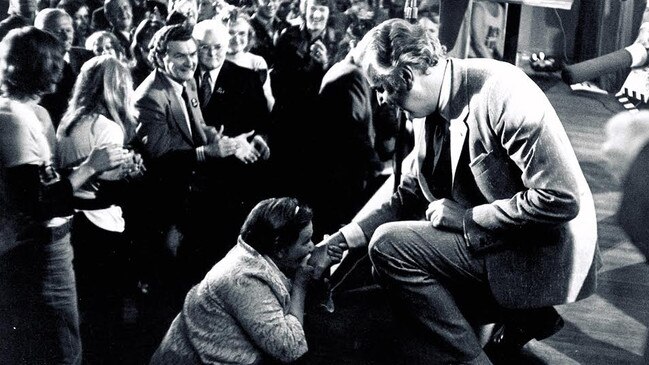
Paul Keating, 78, is the third surviving minister from the Whitlam government, joining the cabinet in October 1975.
Mr McClelland played a key role in organising entertainers to appear in the “It’s Time” election campaign commercial with Alison McCallum as lead singer and featuring Barry Crocker, Col Joye, Dawn Lake, Bobby Limb, Bert Newton, Little Pattie, Jack Thompson and Jackie Weaver, among others.
“I had a lot to do with it,” he recalled. “I had become very friendly with a lot of people in the entertainment industry. I was a great mate of Bobby Limb and I was very close to his manager, Jack Neary, and I spoke to entrepreneur Kevin Jacobsen, and we got everyone together.”
He remembers after the election watching with astonishment as the duumvirate government of “two blokes” – Gough Whitlam and Lance Barnard – effectively ran the country for two weeks before a full ministry was elected by caucus and sworn-in.
“Whitlam was the leader and Barnard the deputy, so I suppose they thought they would form a government of their own,” he said.
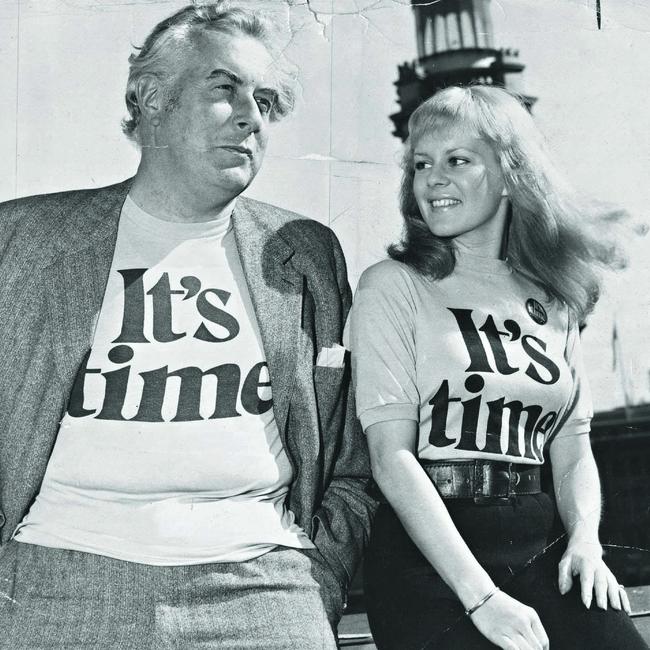
“I also think Whitlam might have been a bit envious or jealous of Lionel Murphy (Labor’s Senate leader) so he decided he and Barnard would be the ministry until the caucus met.”
Mr McClelland says Whitlam was consultative with ministers in waiting during the 14-day duumvirate government and remembers reading newspapers to keep up with the decisions being made.
“No one was going to challenge Whitlam,” he said. “Labor had just been elected and no one wanted to upset the new government; we knew this was only going to be for a short time, come what may.”
Recalling his three years as a minister, first in the media portfolio and then as special minister of state, Mr McClelland is especially proud of establishing FM Radio and Double J, abolishing radio and TV licence fees and boosting funding for film and television production, and the ABC.
He said he had not been told “a bloody thing” about the dismissal of the government, even though he was manager of government business in the Senate, before the Senate resumed after lunch on November 11, 1975.
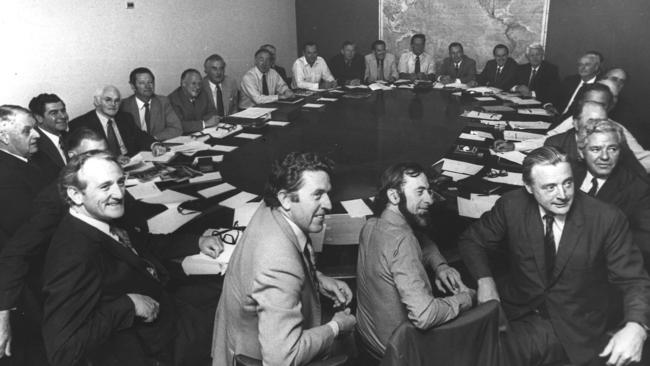
“I’m just terribly sorry that Whitlam didn’t appreciate the significance of the Senate,” he reflected. “Whitlam always denied it with me (but) it was a fatal misjudgment that he made.”
While Kim Beazley Sr, Frank Crean, Fred Daly and Jim Cairns had previously stood for the Labor leadership, McClelland believed only Whitlam could have led the party to victory in 1972.
He judged Whitlam as an “outstanding” leader and “visionary” prime minister.
However, meetings of the cabinet were often rowdy and Whitlam was a “terrible” chair, even though he usually got his way.
“He would let people go on and on, and some were good at that while others were bad at that, and everyone else was waiting for their own thing to come on,” Mr McClelland remembered.
Age 46 when he became a minister, Mr McClelland acknowledged that some of his fellow ministers, who had been in parliament since the 1940s and 50s, were past their prime.
Mr Hayden was the youngest at 39 while the oldest was RFX “Rex” Connor at 66. “I would say to myself: that bloke’s too bloody old,” he recalled.


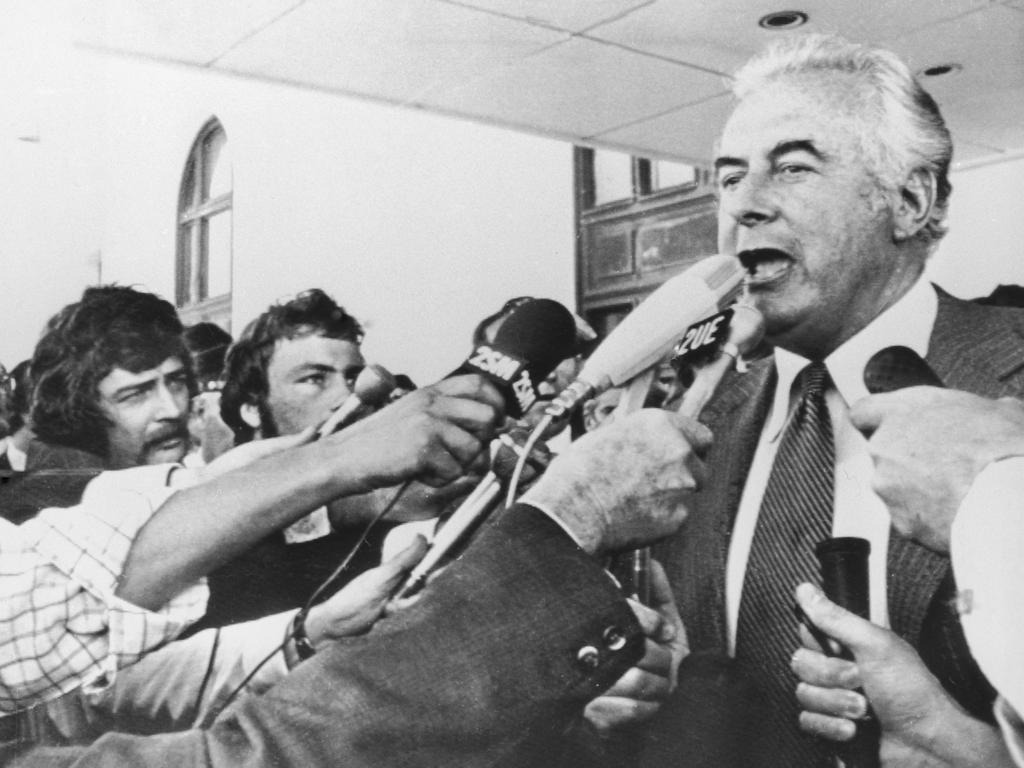
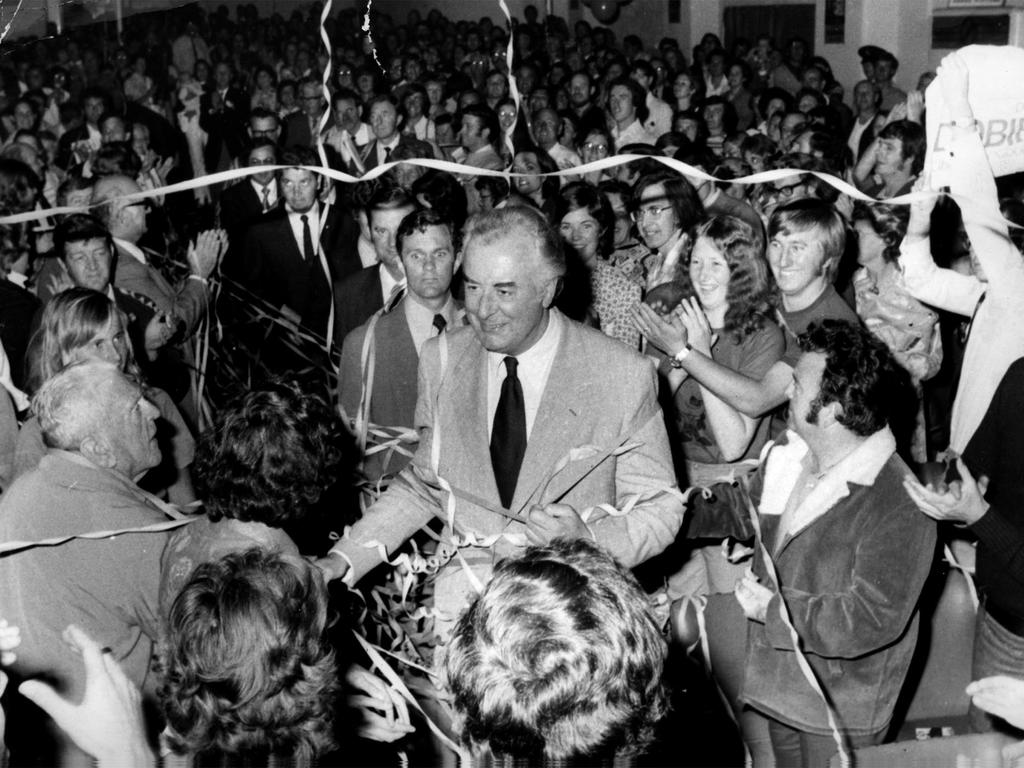


To join the conversation, please log in. Don't have an account? Register
Join the conversation, you are commenting as Logout